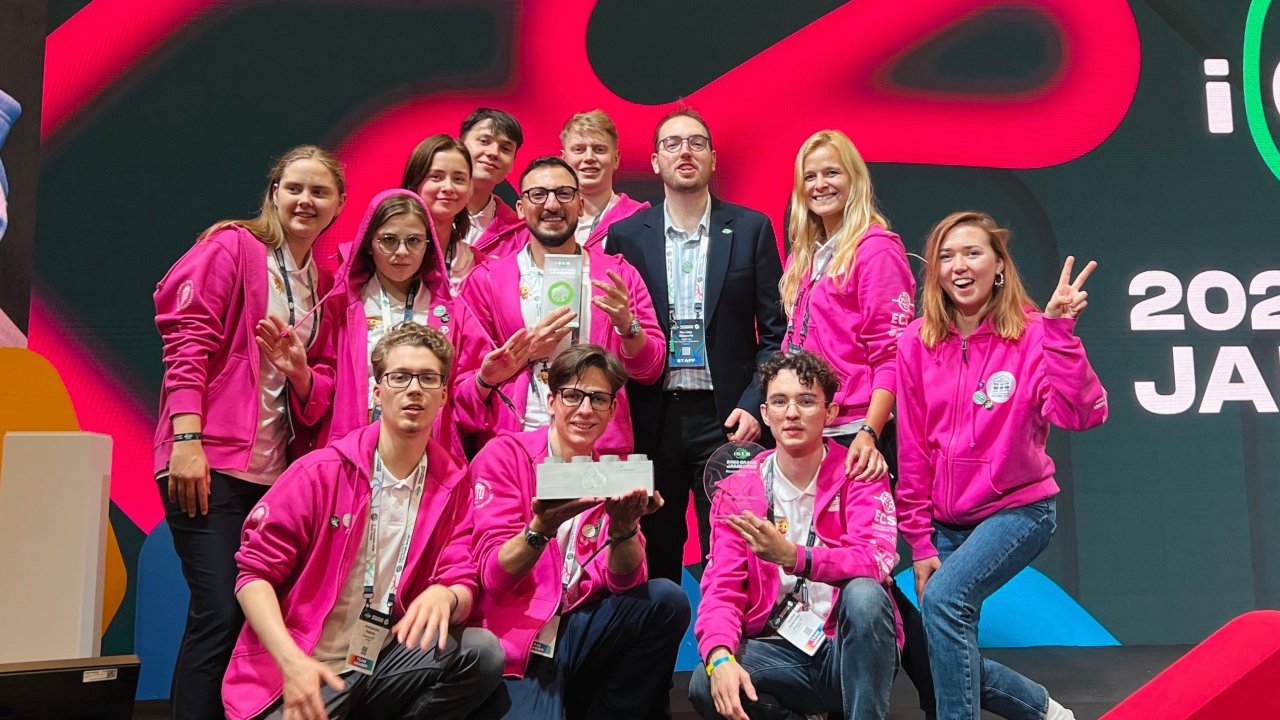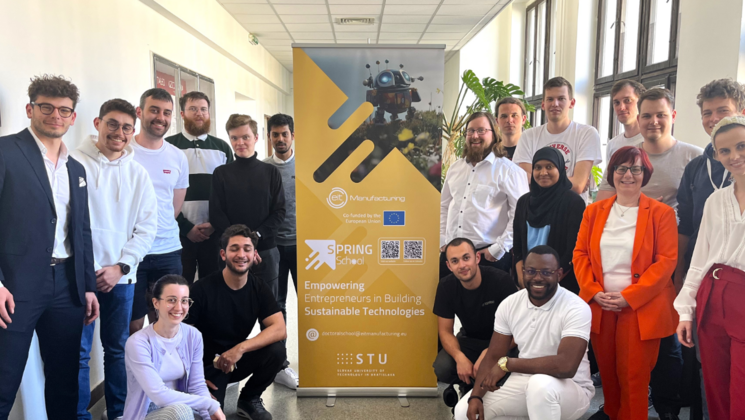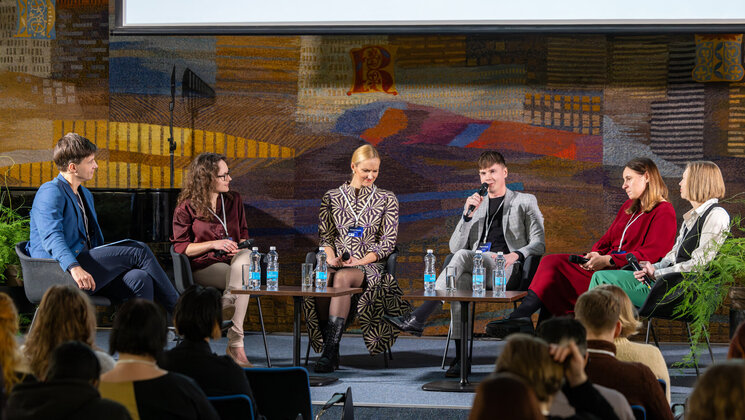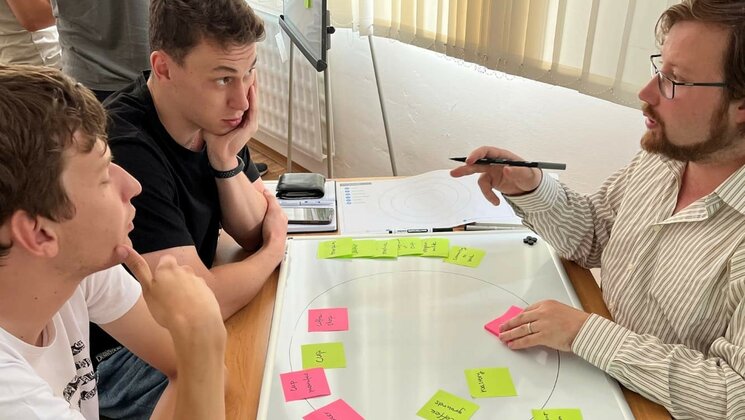-
Faculty of Arts and HumanitiesJakobi 2, r 116-121 51005 Tartu linn, Tartu linn, Tartumaa ESTJakobi 2 51005 Tartu linn, Tartu linn, Tartumaa ESTJakobi 2, IV korrus 51005 Tartu linn, Tartu linn, Tartumaa ESTJakobi 2, III korrus, ruumid 302-337 51005 Tartu linn, Tartu linn, Tartumaa ESTÜlikooli 16 51003 Tartu linn, Tartu linn, Tartumaa ESTLossi 3 51003 Tartu linn, Tartu linn, Tartumaa ESTÜlikooli 18 50090 Tartu linn, Tartu linn, Tartumaa ESTPosti 1 71004 Viljandi linn, Viljandimaa ESTJakobi 2 51005 Tartu linn, Tartu linn, Tartumaa ESTJakobi 2 51005 Tartu linn, Tartu linn, Tartumaa ESTFaculty of Social SciencesLossi 36 51003 Tartu linn, Tartu linn, Tartumaa ESTJakobi 5 51005 Tartu linn, Tartu linn, Tartumaa ESTLossi 36, ruum 301 51003 Tartu linn, Tartu linn, Tartumaa ESTNarva mnt 18 51009 Tartu linn, Tartu linn, Tartumaa ESTNäituse 2 50409 Tartu linn, Tartu linn, Tartumaa ESTNäituse 20 - 324 50409 Tartu linn, Tartu linn, Tartumaa ESTLossi 36 51003 Tartu linn, Tartu linn, Tartumaa ESTRaekoja plats 2 20307 Narva linn, Ida-Virumaa ESTRingi 35 80012 Pärnu linn, Pärnu linn, Pärnumaa ESTLossi 36 51003 Tartu linn, Tartu linn, Tartumaa ESTLossi 36 51003 Tartu linn, Tartu linn, Tartumaa ESTFaculty of MedicineRavila 19 50411 Tartu linn, Tartu linn, Tartumaa ESTBiomeedikum, Ravila 19 50411 Tartu linn, Tartu linn, Tartumaa ESTNooruse 1 50411 Tartu linn, Tartu linn, Tartumaa ESTL. Puusepa 1a 50406 Tartu linn, Tartu linn, Tartumaa ESTL. Puusepa 8 50406 Tartu linn, Tartu linn, Tartumaa ESTRavila 19 50411 Tartu linn, Tartu linn, Tartumaa ESTUjula 4 51008 Tartu linn, Tartu linn, Tartumaa ESTRavila 50411 Tartu linn, Tartu linn, Tartumaa ESTRavila 19 50411 Tartu linn, Tartu linn, Tartumaa ESTFaculty of Science and TechnologyVanemuise 46 - 208 51003 Tartu linn, Tartu linn, Tartumaa ESTNarva mnt 18 51009 Tartu linn, Tartu linn, Tartumaa ESTRiia 23b/2 51010 Tartu linn, Tartu linn, Tartumaa ESTRavila 14a 50411 Tartu linn, Tartu linn, Tartumaa ESTNarva mnt 18 51009 Tartu linn, Tartu linn, Tartumaa ESTRiia 23, 23b - 134 51010 Tartu linn, Tartu linn, Tartumaa ESTObservatooriumi 1 61602 Tõravere alevik, Nõo vald, Tartumaa ESTNooruse 1 50411 Tartu linn, Tartu linn, Tartumaa ESTJ. Liivi tn 2 50409 Tartu linn, Tartu linn, Tartumaa ESTVanemuise 46 51003 Tartu linn, Tartu linn, Tartumaa ESTVanemuise 46 51003 Tartu linn, Tartu linn, Tartumaa ESTArea of Academic SecretaryLossi 3 51003 Tartu linn, Tartu linn, Tartumaa ESTUppsala 6, Lossi 36 51003 Tartu linn, Tartu linn, Tartumaa ESTArea of Head of FinanceÜlikooli 17 51005 Tartu linn, Tartu linn, Tartumaa ESTArea of Director of AdministrationÜlikooli 18A (III korrus) 51005 Tartu linn, Tartu linn, Tartumaa ESTÜlikooli 18, ruumid 102, 104, 209, 210 50090 Tartu linn, Tartu linn, Tartumaa ESTArea of RectorArea of Vice Rector for Academic AffairsUppsala 10 51003 Tartu linn, Tartu linn, Tartumaa ESTÜlikooli 18b 51005 Tartu linn, Tartu linn, Tartumaa ESTArea of Vice Rector for ResearchW. Struve 1 50091 Tartu linn, Tartu linn, Tartumaa ESTArea of Vice Rector for DevelopmentNarva mnt 18 51009 Tartu linn, Tartu linn, Tartumaa ESTVanemuise 46 51003 Tartu linn, Tartu linn, Tartumaa ESTLossi 25 51003 Tartu linn, Tartu linn, Tartumaa EST
University of Tartu students won grand prize at global synthetic biology competition

Students of Science and Technology and Bioengineering of the University of Tartu Institute of Technology have developed a method to make bees immune to the deformed wing virus that causes one of the most common infections among bees. The project BeeYeast brought the team the grand prize at the iGEM (International Genetically Engineered Machine) competition, the world championship in synthetic biology.
As pollinators, bees are crucial to biodiversity. Unfortunately, their numbers are declining globally due to insecticides, climate change and diseases. Among the latter, the deformed wing virus, primarily transmitted by mites, is particularly widespread and detrimental, causing the death of millions of bee colonies annually.
Virus protection from genetically modified yeast cells
According to the supervisor of the University of Tartu team Ilona Faustova, Associate Professor of Molecular Biology, the students developed a synthetic biology method by which yeast cells produce compounds that provide antiviral protection to the bee. "Our aim is to inhibit the production of viral proteins in bee cells. To do this, we make the genetically engineered yeast produce small interfering RNA molecules that prevent viral genes from expressing. To deliver these RNAs into bee cells, the genetically modified yeast is fed to the bees or injected directly into honeycombs," explained Faustova, who said the method is transferable to solve a number of other problems.
Oscar for best student project in synthetic biology
iGEM, the world's most prestigious competition in synthetic biology, was held for the 20th time this year. It attracted 404 teams from 66 countries and regions. The University of Tartu team consists of 11 bachelor's and master's students of the curricula of Science and Technology and Bioengineering. However, according to Faustova, winning the grand prize is a special recognition for everyone developing research and teaching in synthetic biology at the university. It is also a quality mark for Estonian research in this field.
Besides the grand prize, the team won the best conservation project and the best measurement awards and was nominated for the best wiki, the best presentation and the best education awards. The project also received the gold medal. "In this sense, iGEM can be compared to the Oscars ceremony, where participants are nominated for different awards, but there is only one grand prize," explained Faustova.
Students from the Institute of Technology have participated in iGEM six times and have won silver medals three times and gold medals three times. In addition, the last year's team was nominated for the best wiki award. "From previous experience, winning the grand prize seemed like an unattainable dream. This time, however, proved that with hard work, good motivation and a strong team spirit, any goal is achievable," said Faustova. Participation in the competition was made possible thanks to the laboratory of Professor of Molecular Systems Biology Mart Loog, which allowed the students to prepare their project and supported their participation.
See the home page of the BeeYeast project and the video introducing the project.
Read more similar news






